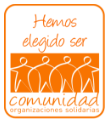Due to the suspension of face-to-face classes, and as part of a central strategy of the Department of Education of Doñihue (O'Higgins region), in which all teachers in the commune participated in its creation, the team of professionals at La Isla School developed the Learning Portfolio. From pre-kindergarten to eighth grade, the initiative has responded to the problems of access to electronic devices and internet connection, but also to the disparate family contexts of the nearly 260 students at the school. The teaching-learning and periodic monitoring tool has been framed within the framework of curricular prioritisation and has had great results and adherence in early education.

"For our community it has been very intense," says early childhood educator Patricia Sánchez. "We started out with very high expectations and that perhaps translated into extra pressure. But after a short time, that pressure diminished and we tried to cope with it in the best way possible, especially because we realised that not all families were in the same conditions to implement a remote education model.
" An online modality was impossible for 100% of our children," warns the director of Colegio La Isla, Cristián Díaz, who also points out that the establishment has always presented a disparity with respect to their family contexts. And while there are children who have their needs covered and a stable situation, there are extreme cases of social and economic vulnerability: " This has made it much more difficult to work in this scenario, because the emotional support has also become dissimilar. As a school we have had to prioritise this issue and help our community. It has been the most important thing at the moment.
"Reconciling remote education, telework, home and children has been very challenging," adds teacher Patricia Sanchez. " We started with uncertainty, because the situation was new for everyone, something totally different and for which municipal education was not prepared.
Paula Mejías is a parent at the school and mother of Sofía, who is in kindergarten: "At first we had a hard time adapting and explaining to our daughter that she couldn't go to school or be with her classmates, but also that she had to limit herself in many things because of the pandemic.
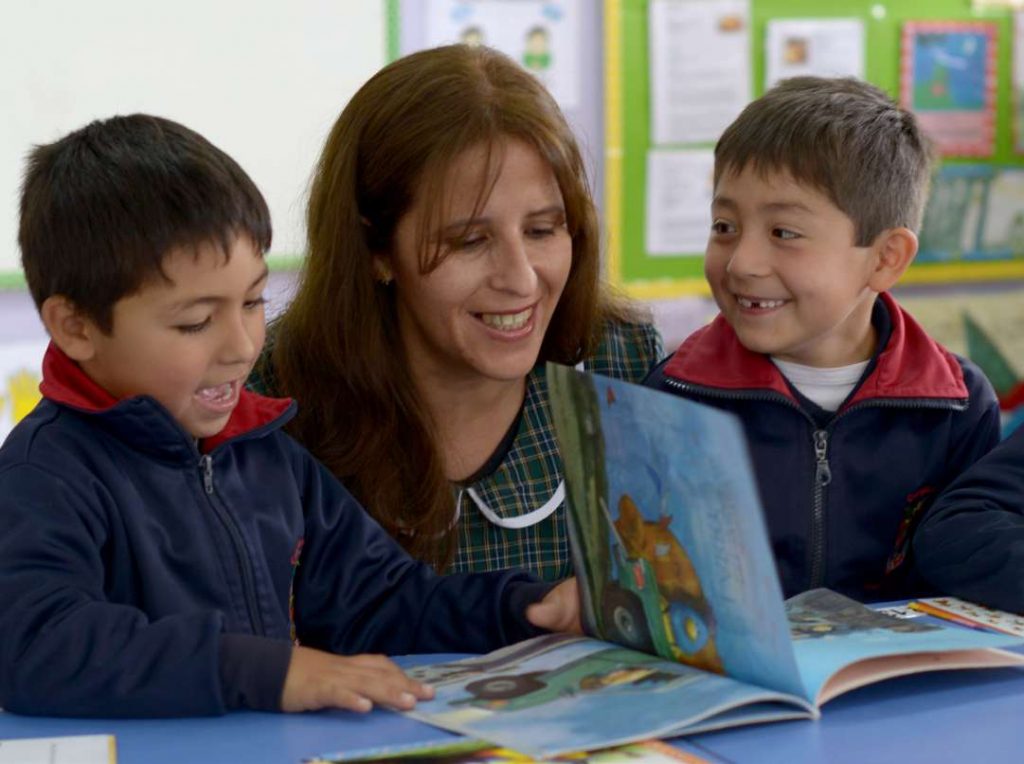
Likewise, the parent comments that it was not only difficult for Sofía to incorporate the new routines required to study at home: "She had been doing her activities at school since pre-kindergarten and it was hard for her to get used to the new space; the distractions are greater at home. And although from the beginning Aunt Patricia has been present through WhatsApp and has been concerned about supporting us when complications arise, for us as parents it has also been difficult, because we don't always have the same patience to teach, or we don't all have the tools to go into certain aspects in depth".
At the beginning of the suspension of face-to-face classes, explains director Cristián Díaz, the management and teaching teams of the commune met to plan the measures to be adopted by the municipal schools of Doñihue. And based on the curricular prioritisation suggested by the Ministry of Education, the professionals came up with the idea of implementing the Learning Portfolio: "This tool has been a workhorse in our commune. It has been successful because it has responded to the concept of disparity, to the scarce internet connection and access to electronic devices, but it has also allowed us to reach the majority of our students".
The Learning Portfolio, says educator Patricia Sánchez, is a strategy for remote teaching, but also for evaluation and monitoring: "It originated in the Education Department of the commune, the elaboration was left in the hands of the teams and goes hand in hand with the prioritisation of objectives".
"The Portfolio is purely curricular," says Cristián Díaz, "and the prioritisation of its contents has further enhanced collaborative work within the school. We have been able to systematise the delivery of this tool and the collection of evidence every 3 weeks, together with the Junaeb basket, and it has been fundamental to approach the learning objectives of our children in a more practical and didactic way".

"What the initiative aims to achieve is a closer, more concrete and contextualised teaching for the majority of students in municipal education," adds the educator, "especially because the parents and our children have been compiling the evidence they have developed during this period. And without exceptions. For example, the Portfolio of Learning in early education includes 4 aspects, where the material is not only organised, but also worked on concretely, through instructions that are given to families by WhatsApp".
"The strategy has been very useful for us to organise and organise ourselves," says proxy Paula Mejías. "The Portfolio is a travelling portfolio, everyone gives it a name, and Sofía wanted it to be called that. She knows that from the Travelling Portfolio we have to draw the activity we will do that day. For example, in Language we see the stories that Aunt Pati records, the Super Assist, vowels and consonants, and then, at the end, we send her the photo or video".
"The Portfolio has been a tool that is very respectful of the principles of pre-school education," says Patricia Sánchez. " The valuable thing for us, too, has been to see that we can work in a collaborative and flexible way, using different didactic formats, but also that families have been able to really realise the meaning of early education.
This initiative is part of the document "Early Education: 6 Innovations in times of Covid-19" that you can download in full at the following link https://bit.ly/3eokQoC

